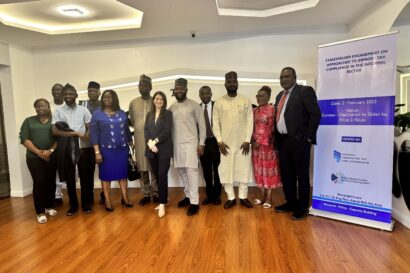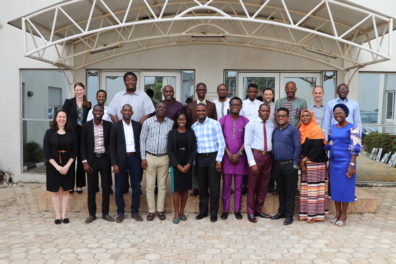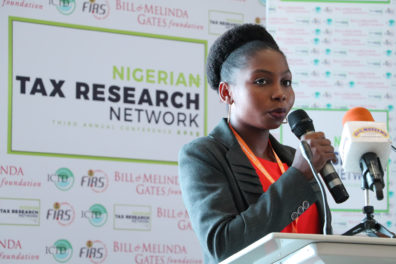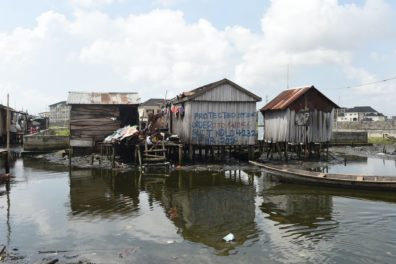Nigerian Tax Research Network (NTRN)
The NTRN is dedicated to enhancing the generation and exchange of tax knowledge in Nigeria. It is concerned with all topics related to taxation, ranging from tax policy to tax administration, and from academic papers to practical case studies. Stakeholders include tax practitioners and researchers from Nigerian and international institutions, as well as donors and civil society organisation working on tax issues in Nigeria.
Discover the NTRN Library here: www.eldis.org/ntrn








